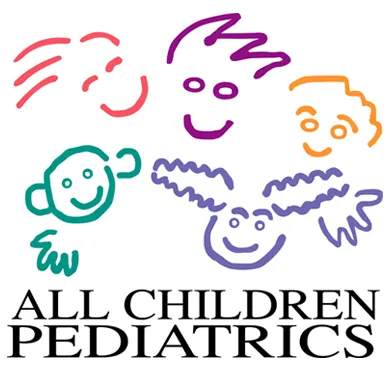Brushing Up On Cavities
- posted: May 16, 2018
The prevalence of dental cavities has decreased over the past couple of decades, but continues to account for one of the most common chronic diseases. Many oral health concerns begin in childhood, but the risk of developing dental disease decreases with good preventative care.
Below are some of the most common questions addressed with pediatricians about the health of children’s teeth.
- When should parents start brushing their child's teeth?
It is never too early to start going through the motions of brushing your child's teeth. Before your child has teeth, you can simply massage his/her gums. Daily dental cleaning should begin when your child's first tooth appears, which usually happens between 4-15 months of age. If your child does not have his/her first tooth by 18 months, discuss with your pediatrician about a referral to the dentist.
- How long should children brush their teeth?
It is recommended to brush for 2 minutes. Try to create fun activities to keep your child engaged while brushing his/her teeth such as singing a song, playing music, or setting a timer.
- What toothbrush should parents buy?
For infants, it is recommend using a small, soft bristled toothbrush. For younger children, parents should consider buying a toothbrush with a thicker handle so it is easier to hold. Be creative and purchase a toothbrush that has a character or color that your child likes.
- What toothpaste should parents buy and how much to use?
Toothpaste with fluoride is recommended for children of all ages. For children under 3 years of age, it is recommend using a small smear of toothpaste, about the size of a grain of rice. For children 3-6 years of age, it is recommend using a pea-size amount of toothpaste.
- When should children have their first dental visit?
The American Academy of Pediatrics (AAP) and American Dental Association (AAPD) recommends to schedule the first dental visit at or near one year of age. Early dental visits and teeth brushing reinforces the importance of oral health. If oral diseases are diagnosed early, the problems can be eliminated or kept from getting worse. If your family does not have a dentist, talk with your pediatrician at the next visit about a pediatric dentist in your area.
- In addition to teeth brushing, how can parents help prevent tooth decay?
There are additional steps that parents can take to help prevent tooth decay in their children. Never put your child to bed with a bottle or sippy cup containing formula, milk, or juices. These drinks contain sugar which can cause tooth decay. Also, try to transition from a bottle to a cup at or near 1 year of age.
Limit sugary drinks provided to your child. The AAP recommends no more than 4 ounces of diluted juice daily for children 6-12 months, and no more than 4-6 ounces for children 1-6 years of age. No sugary drinks are recommended for children younger than 6 months. Additionally, limit sweet and sticky foods such as hard candy, gummies, and fruit roll-ups.
This website includes materials that are protected by copyright, or other proprietary rights. Transmission or reproduction of protected items beyond that allowed by fair use, as defined in the copyright laws, requires the written permission of the copyright owners.
Contact Us
DO NOT SUBMIT MEDICAL QUESTIONS-PLEASE CALL (502) 244-6373
Hours of Operation
Our Regular Schedule
7:30 am - 6:00 pm
7:30 am - 6:00 pm
7:30 am - 6:00 pm
7:30 am - 6:00 pm
7:30 am - 5:00 pm
8:30 am - 12:00 pm
Closed
Our Location
All Children Pediatrics
400 Blankenbaker Parkway Suite 200
Louisville, KY 40243
(502) 244-9860
